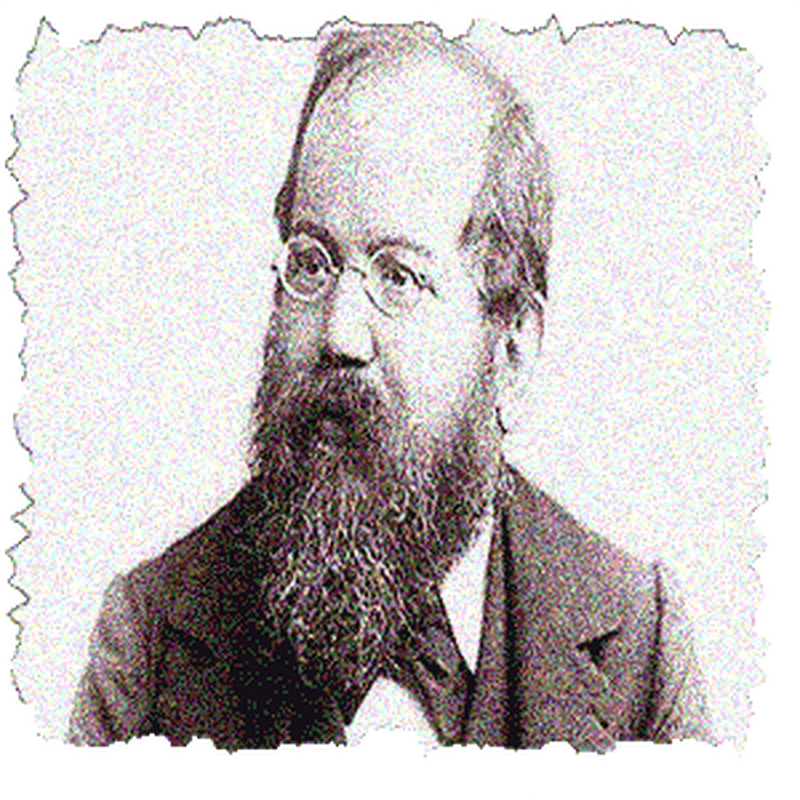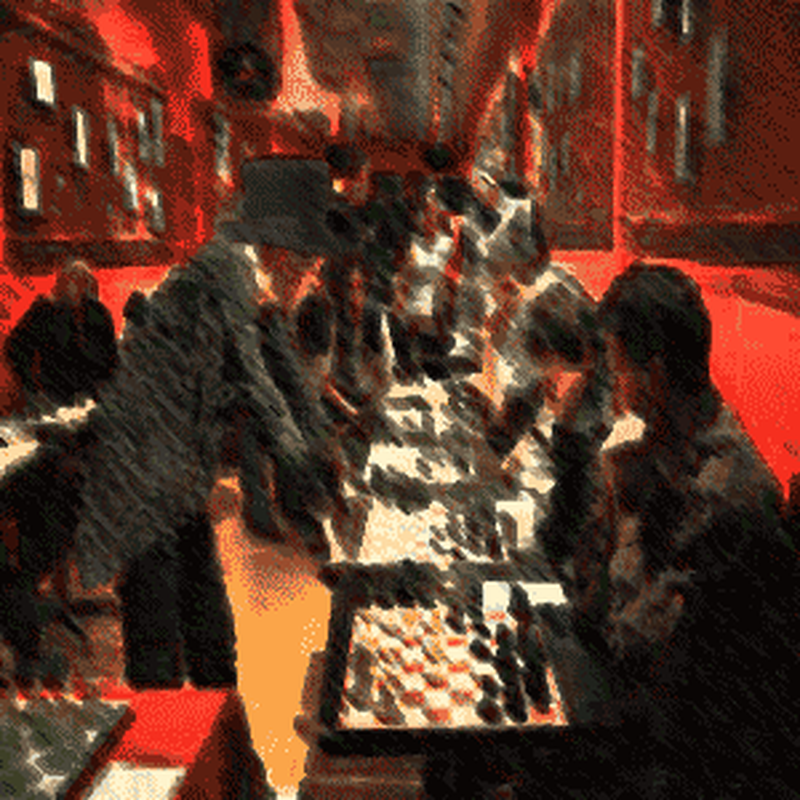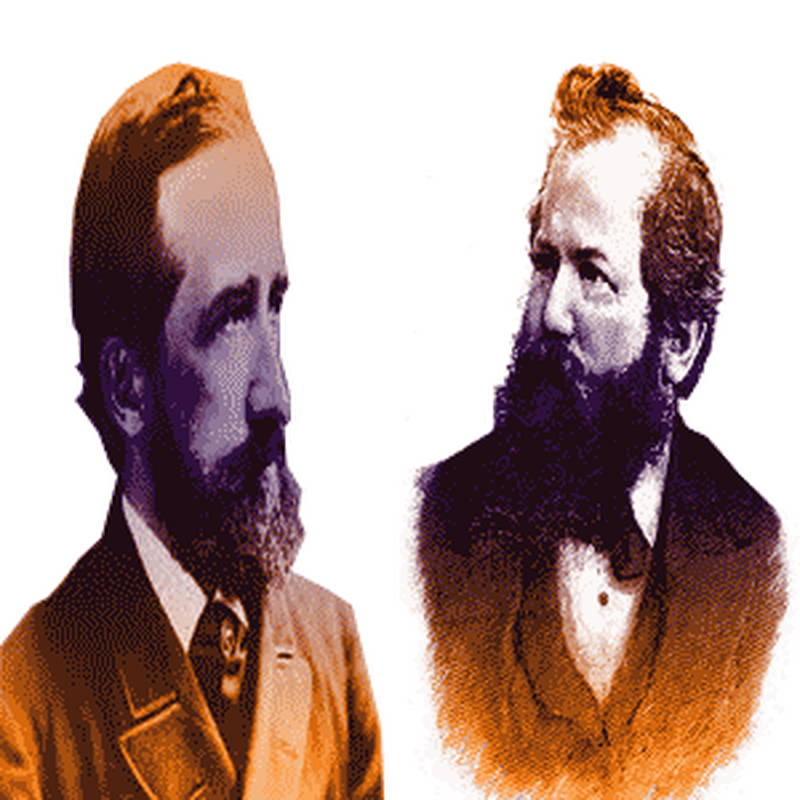
Wilhelm Steinitz
Wilhelm Steinitz was an Austrian master and the first official world champion.Intro
Wilhelm Steinitz became the first chess world champion. He became the father of modern chess by convincing chess masters to think strategically and to play a positional rather than the bold and aggressive game popular in his time. Steinitz was also a writer, journalist, and theorist. In 1866, Steinitz partook in the first-ever chess game introducing chess clocks. That wasn’t his only first, though. Let’s have a look at other intriguing facts about this remarkable chess champion
The idea of a World Championship had been around for a long time. Whoever was the best in the world at any point would be hailed as the world champion but there was no official title. Steinitz worked with the American Chess Congress to devise such a championship and set rules and regulations for it. He then won it in 1886 to become the inaugural champion.
He was much more than a champion. He was the first to codify the positional science of chess. The consistent principles of how pieces worked together on the board. It was through the discovery and early development of these concepts that Steinitz became known as the Father of Modern Chess.
Young Wilhelm
Wilhelm Steinitz was born in a poor Jewish ghetto in Prague, the youngest of 13 sons. 13 was indeed unlucky for him as he was afflicted with weak legs. He would walk with the use of canes all his life and would stand at not much over 5 feet.
His father was a hardware retailer and like their neighbors the family had no luxuries. When Steinitz was 12 he learned to play chess from a school friend. Chess was just a childhood pastime at this stage of his life. He would not get serious about it until some years later.
He had designs on a career as a journalist and traveled to Vienna to study maths and pursue his career writing for publications. It was there that his interest in chess was rekindled as he hustled for money in the Viennese cafes.
Cafe Romer
When the math study didn't work out Steinitz dropped out of college. He didn't get very far with his ideas of becoming a journalist either. He needed a way to make a living and the chess cafes of Vienna were his salvation.
He made his name in the Cafe Romer where he became so strong that he would beat most of his opponents playing blindfolded. He quickly realized that he was one of the best players in Vienna.
In 1859 at the age of 22 he finished in 3rd place in the Vienna Championship. He improved on this to finish first in 1861. He now cast his eye further afield as his confidence in his abilities grew. Europe's strongest players were mostly operating in London at the time. Steinitz decided it was time to move there.
Bright Lights of London
Steinitz arrived in London when the Austrians sent him there to represent them at the prestigious London 1862 Chess Tournament. He was now pitting his wits against the strongest players in the world.
He did himself no disgrace by finishing a highly commendable 6th. He also managed to win the tournament's brilliancy prize with a stunning win over Augustus Mongredien.
Steinitz remained on in London to play against the best players in Britain. Over the next four years he beat them all. Blackburne, Bird, Deacon and anyone else who sat across the board from him. And then there was only one player left for Steinitz to overcome. The legendary German master Adolf Anderssen. They would meet face to face in 1866 to see who was top dog. Steinitz won 8-6 with no draws to become the world's leading player.
Wilhelm Steinitz defeated Adolf Anderssen
New Philosophy
Before Wilhelm Steinitz, players had always played in a cavalier sort of way. Both players would immediately go straight for the King giving scant regard to defense. Steinitz also played this way initially and could fashion artistically beautiful attacking combinations with the best of them.
Indeed he was still playing this way when he dethroned Anderssen and continued to do so up until about 1872. One of his last big tournaments playing in this style was his 2nd place finish at Baden-Baden 1870. But the more he played the deeper his appreciation for the very nature of the game became.It began to occur to him that common principles applied to every game and some deeper strategic ideas with regard to pawn structure and piece positioning would inevitably guarantee better results.He unveiled his new strategies when winning theVienna Chess Tournament in 1873. At first his new style though successful, did not go down well.
First World Championship
For the next nine years Steinitz played almost no tournaments and very few matches. He was instead concentrating on blindfold chess and simuls. These exhibitions were a reliable source of income.
But big time chess competition did not stop and wait. The other players continued to vy for supremacy. New names were always arriving on the scene. Like Mikhail Chigorin, James Mason and Johannes Zukertort. Two of these three would eventually play Steinitz for the world title.
The first of these would be Zukertort who would play Steinitz in the inaugural World Chess Championship. Zukertort had been one of the defenders of the old Romantic style and had poured scorn on Steinitz's modern positional style which would come to be known as the Classical style. When the two styles went head to head in 1886, the Classical Era swept the Romantic Era aside asSteinitz overwhelmed Zukertort 10-5 with 5 draws. Chess had changed forever.
Later Life and Death
Steinitz was never any good with money and was in financial hardship throughout his entire life. This in spite of winning massive stakes over the years playing high level chess. He married twice. He had one daughter with his first wife Caroline. She was named Flora but she died in 1888 when aged 21. Caroline died four years later.
He married again a couple of years after that and they had two children although less is known about his second family. Being World Champion was a source of great pride to Steinitz and to lose the championship hit him very hard.
He was never the same after the first defeat to Lasker and when the rematch resulted in an even more decisive loss, he began to lose touch with reality. His wife had him committed to Manhattan State Hospital in 1900 after some particularly erratic behavior and he died there on August 12th of that year leaving his young family in poverty.
Legacy of the Father of Modern Chess or Instead of a Conclusion
There probably isn't another player who made a bigger impact on chess theory than Wilhelm Steinitz. Insights into his views on positional chess can be gained from some of the quotes attributed to him.
"Only the player with the initiative has the right to attack" actually questions the logic of romantic chess in it's entirety. For Steinitz, a player had no business attacking while wide open defensively. His logic was that if one player takes care to shore up his own position first and the other does not, then there can only be one winner.
"When you have an advantage, you are obliged to attack; otherwise you are endangered to lose the advantage" is an expansion on the previous observation. He is saying if you are ahead in development and your position is more solid than your opponent's, you are only handing away the initiative by allowing him time to get back into the game.
Thank you for reading, Goodbye!

